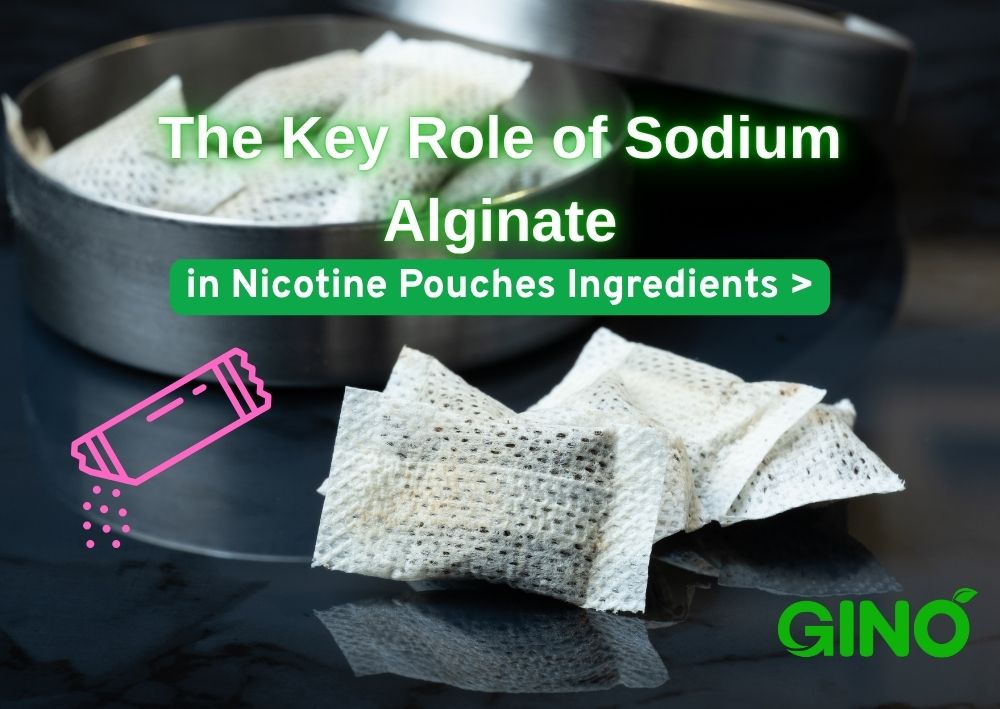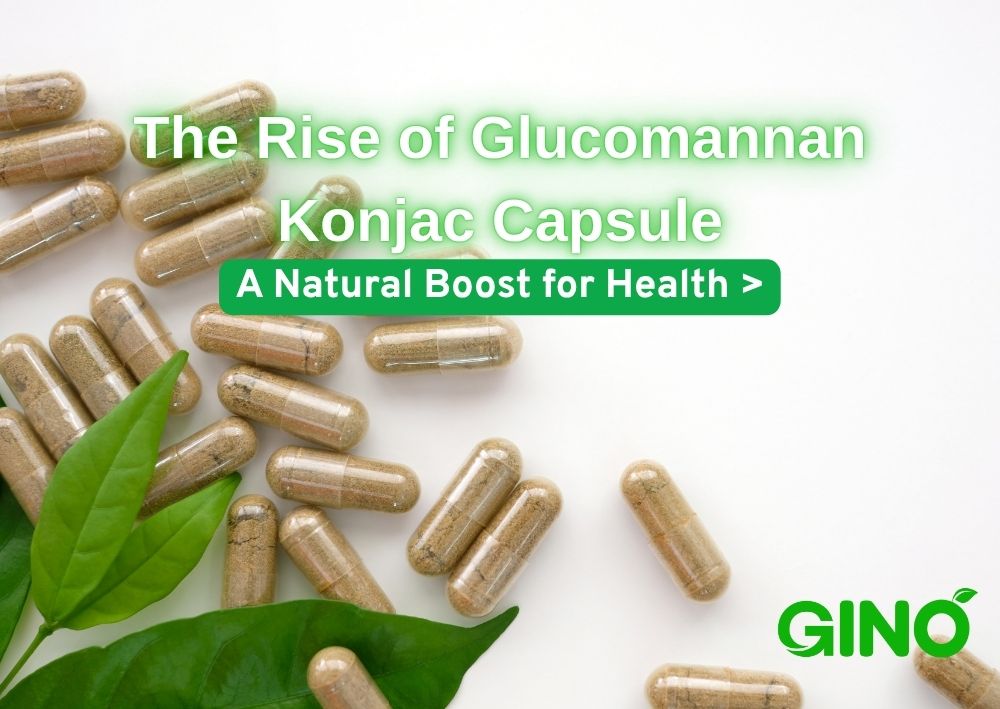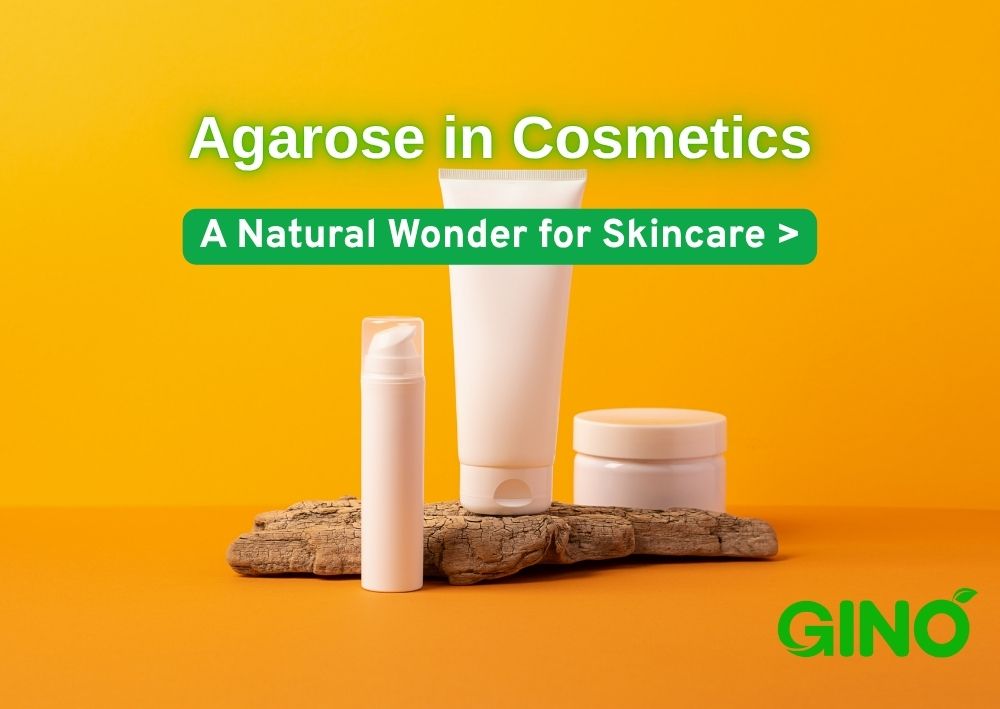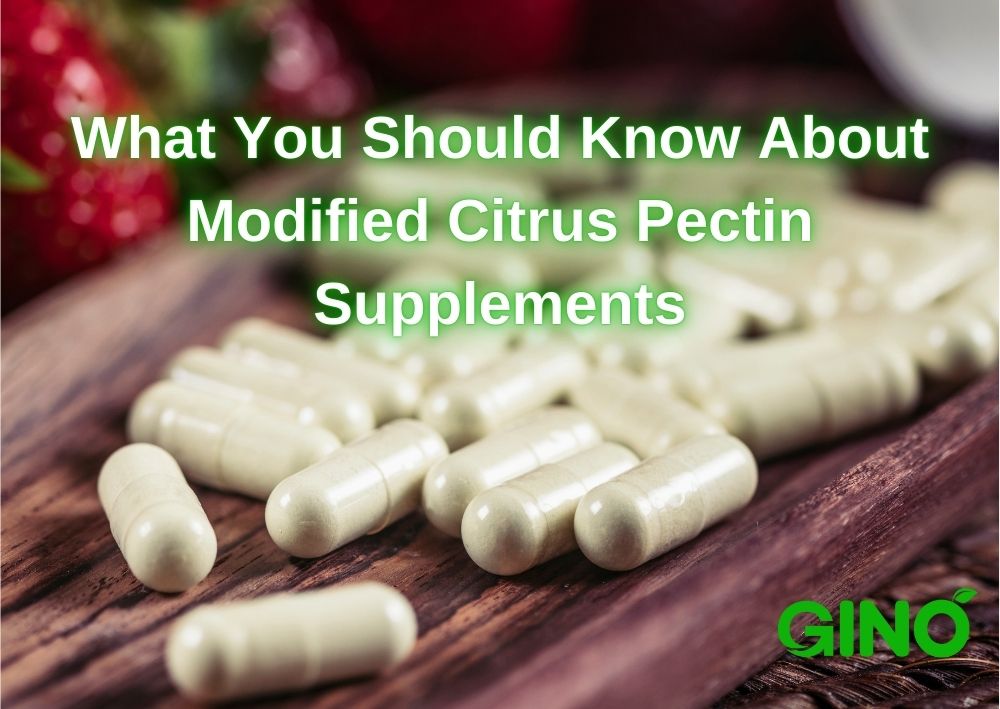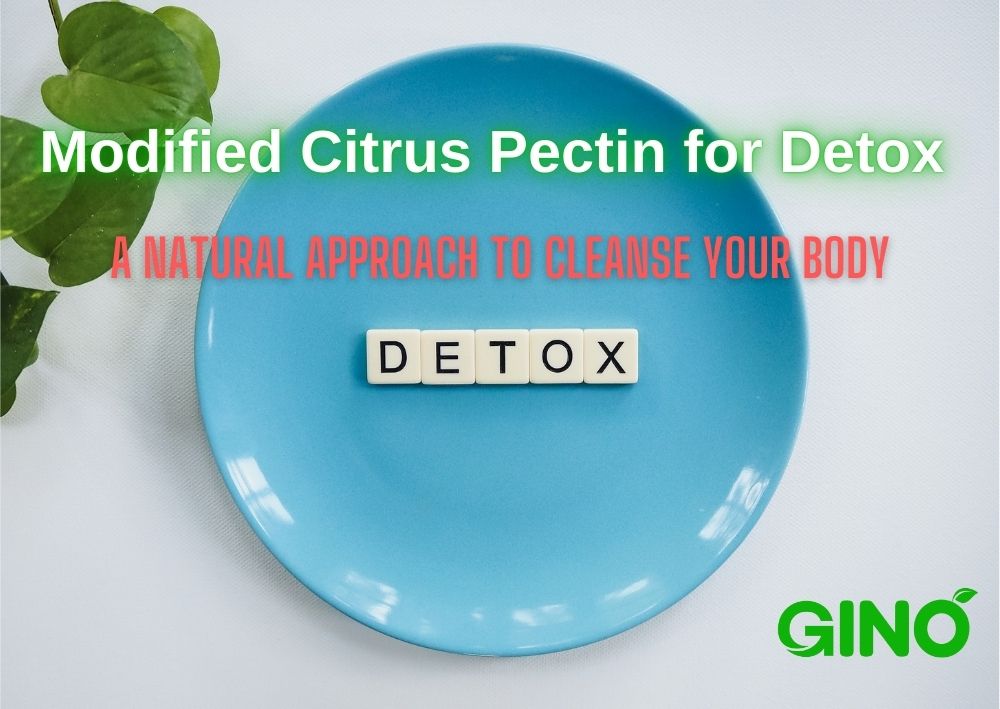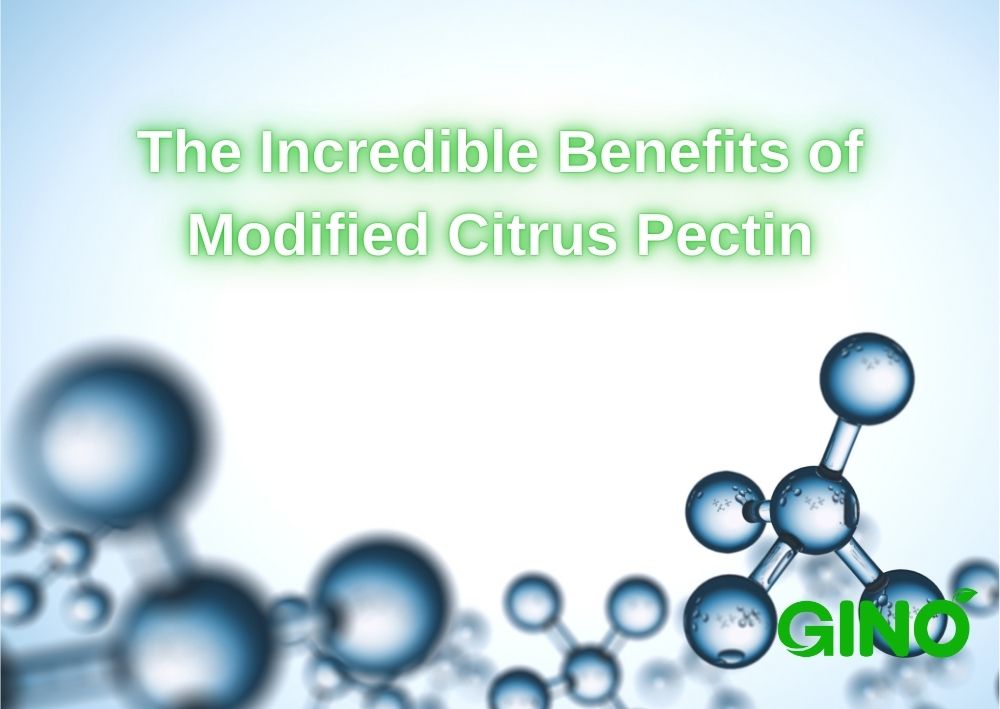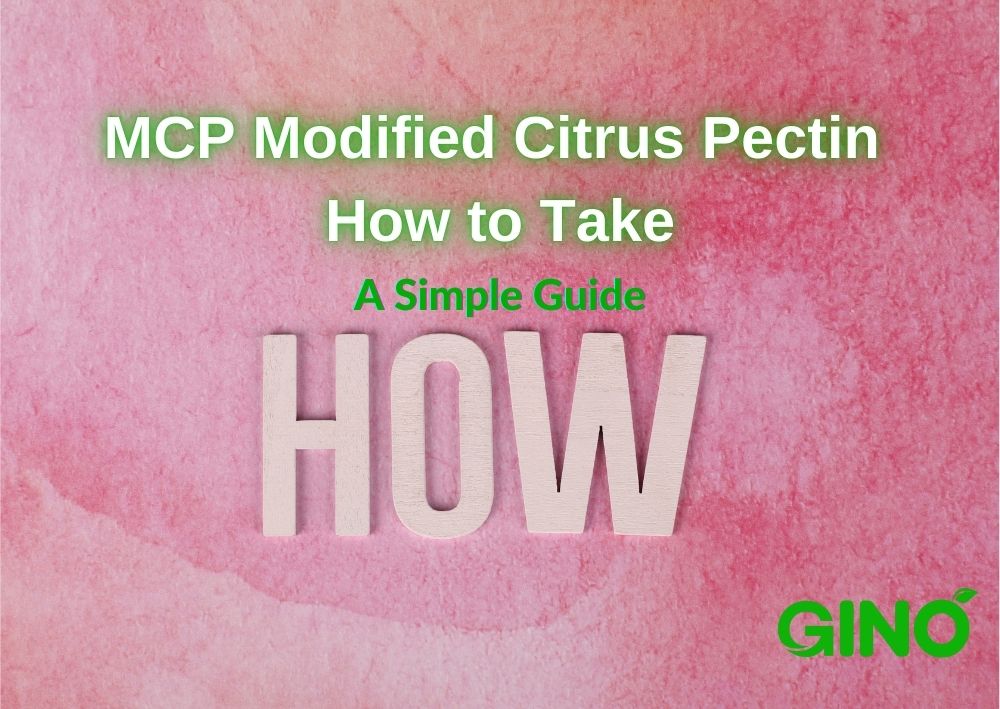
Uses of Pectin in the Pharmaceutical Industry
Uses of Pectin in the Pharmaceutical Industry
Introduction
Pectin, a natural hydrophilic colloid derived from plant cell walls, is widely recognized for its role in the food industry.
However, the potential uses of pectin in the pharmaceutical industry is now being uncovered.
This article delves into the diverse uses of pectin in medicine, highlighting how this polysaccharide is applied to treat various conditions and its expanding role in drug formulations.
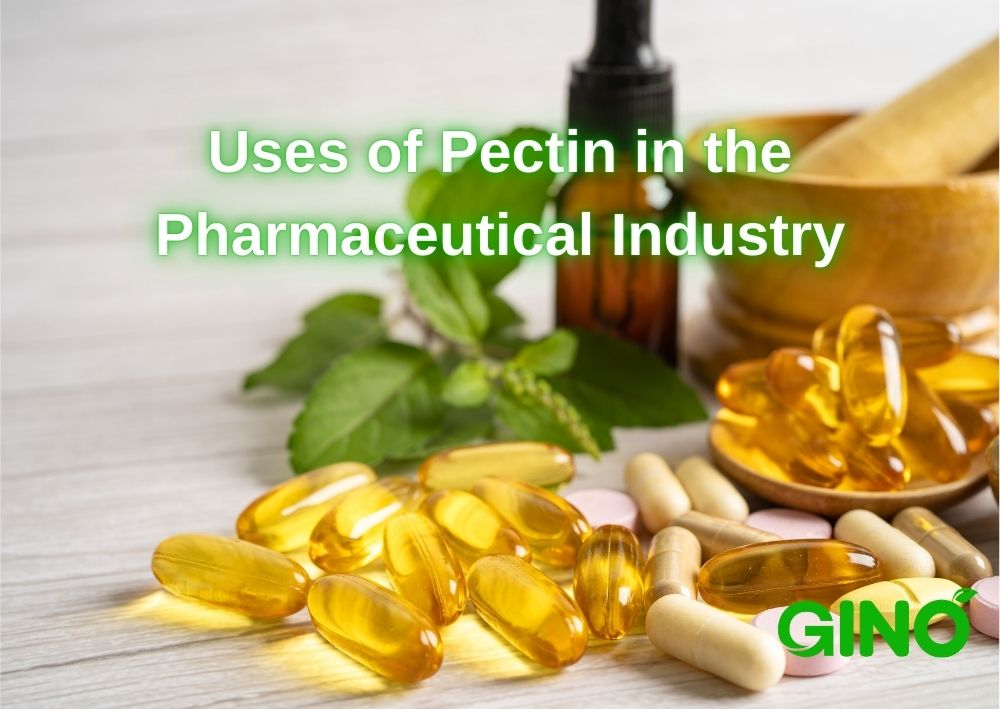
Applications of Pectin in Medicine
Pectin's versatility makes it valuable in a wide range of pharmaceutical applications, from gastrointestinal treatments to drug delivery systems.
1. Anti-Diarrheal Properties
Pectin is commonly used in combination with other substances, such as psyllium, to create compounds that help manage digestive issues like diarrhea. These formulations come in various forms, including tablets, powders, and capsules.
Pectin helps soothe the digestive tract, prevent the recurrence of ulcers, and alleviate ulcer-related pain, making it a crucial ingredient in gastrointestinal treatments.
2. Cancer-Fighting Potential
Modified citrus pectin (MCP) is gaining attention for its potential role in inhibiting tumor growth and metastasis.
Research indicates that pectin’s ability to interfere with cell interactions could help reduce the spread of cancer, particularly in cases of colorectal cancer.
3. Gastrointestinal Protection
Pectin forms a protective layer over the stomach and intestinal lining, helping prevent damage caused by inflammation or ulcers.
It is often included in medications designed to treat ulcerative colitis, gastritis, and other gastrointestinal disorders, thanks to its gentle yet effective action on the mucosal surfaces.
4. Cholesterol and Blood Sugar Management
Pectin has been shown to reduce cholesterol absorption in the body, making it effective for managing hypercholesterolemia and preventing atherosclerosis.
It also helps regulate blood sugar levels, especially when paired with other ingredients like chromium, offering potential benefits for diabetic patients.
5. Antimicrobial and Detoxifying Effects
Pectin’s ability to bind with heavy metals and remove them from the body is a major advantage in treating heavy metal poisoning.
It also shows antimicrobial properties, particularly against gram-negative bacteria, making it a valuable component in various antibacterial formulations.
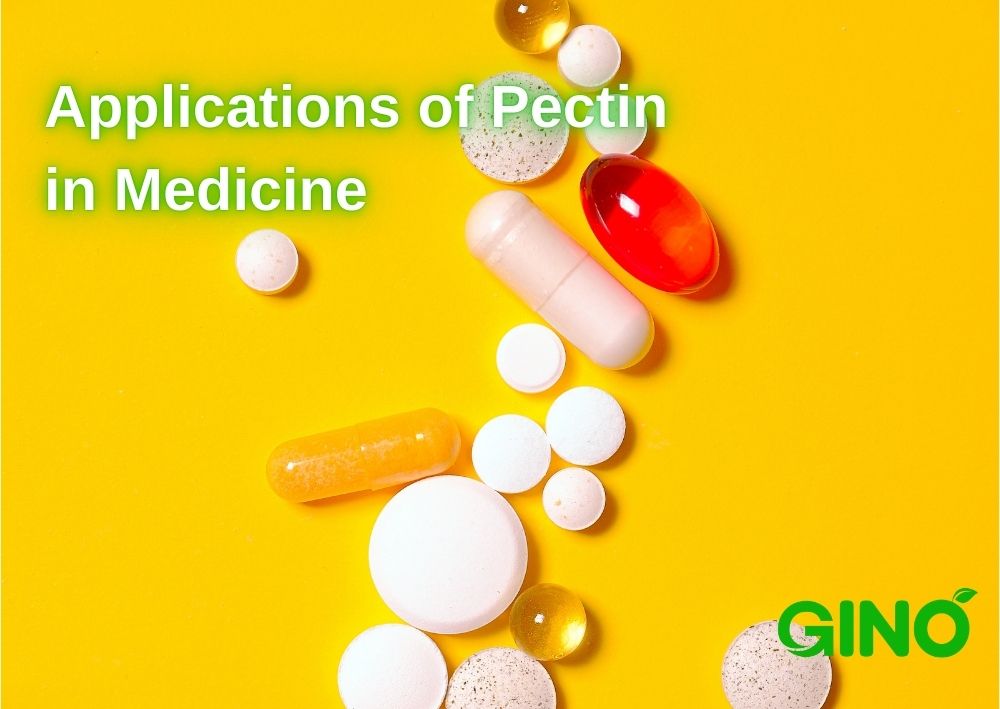
Pectin's Role in Drug Formulation
Pectin’s unique properties, such as its gelling and binding capabilities, make it a favored excipient in pharmaceutical formulations. Some of its primary uses include:
1. Ointments
Pectin-based ointments provide sustained release of active ingredients, forming a protective film over ulcers or inflamed areas. By combining pectin with carboxymethyl cellulose and adding antibacterial, anesthetic, anti-inflammatory, and healing agents, these ointments can be formulated to treat burns, otitis media, and radiation dermatitis.
Additionally, formulations with pectin and polyvinyl alcohol can be created for oral health treatments.
2. Hemostatic Sponges
Pectin can be combined with gelatin and carboxymethyl cellulose to produce hemostatic sponges. These freeze-dried foam sponges can be shaped into sheets, cones, or blocks for treating various bleeding conditions, including external injuries, nosebleeds, and functional uterine hemorrhaging.
Pectin-infused sponges are also effective as vaginal contraceptives, controlling the release of spermicide safely.
3. Microencapsulation
Pectin, when mixed with gelatin and Arabic gum, is used to create microcapsules that offer controlled release and mask unpleasant drug odors.
By incorporating sodium, potassium, calcium, and magnesium ions, pectin can form tablet or capsule preparations for preventing exercise-induced fatigue, providing prolonged release of essential electrolytes.
4. Other Formulations
In addition to ointments and microcapsules, pectin serves as a thickening and emulsifying agent in oral liquids, emulsions, and syrups.
For example, a bismuth subcitrate-emulsified formulation with pectin can treat gastrointestinal disorders.
Pectin also enhances the solubility and bioavailability of poorly soluble drugs, increasing their effectiveness.
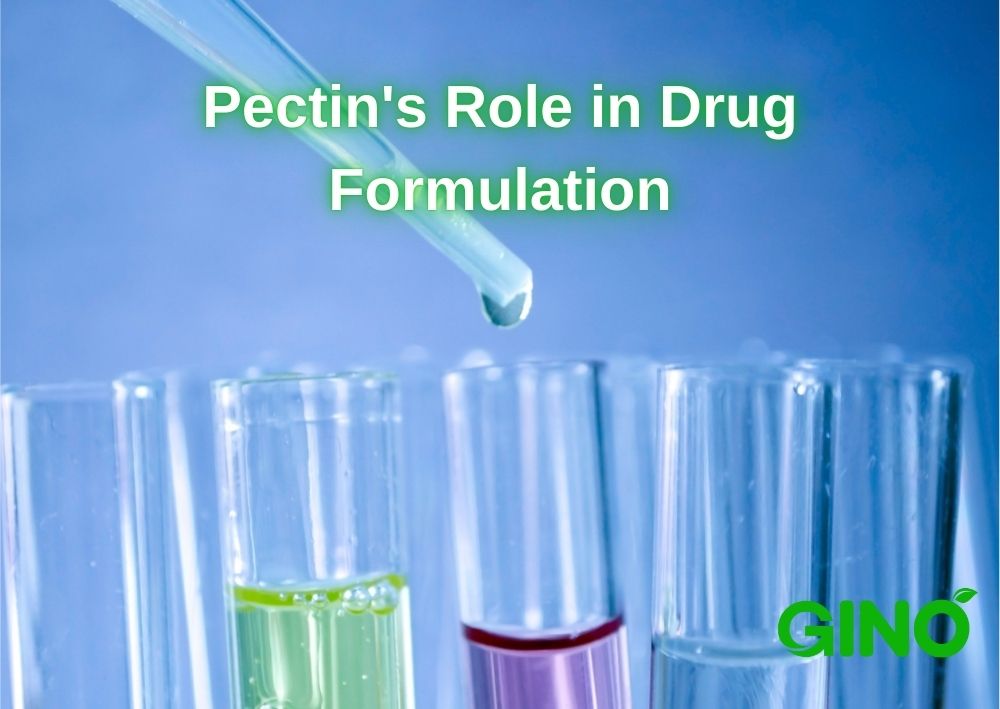
Conclusion
The uses of pectin in the pharmaceutical industry are vast and continually expanding.
From treating gastrointestinal disorders to supporting cancer therapies and enabling advanced drug delivery systems, pectin has proven its potential beyond the food industry.
As research progresses, we can expect even more innovative applications of pectin in medicine, making it a key ingredient in future pharmaceutical advancements.
Looking to incorporate pectin into your pharmaceutical formulations?
Explore our high-quality pectin products, designed to meet the exacting standards of the pharmaceutical industry.
Contact us today to learn how we can help you leverage the power of pectin in your products!
Contact usAny Questions? Need Help?
Recent Posts
About us
With the mission of providing plant-based gums & stabilizers for a healthier life, Gino Gums & Stabilizers was founded in 2018.
We focus our main attention on various kinds of Plant-Based Hydrocolloids and Stabilizing solutions systems.

